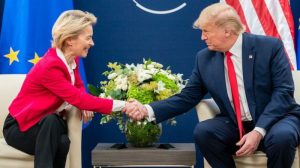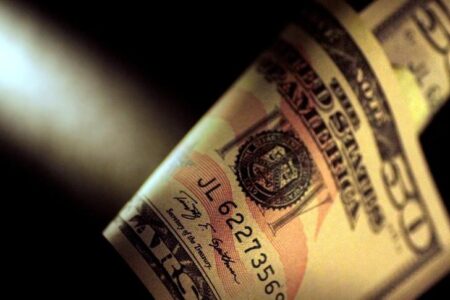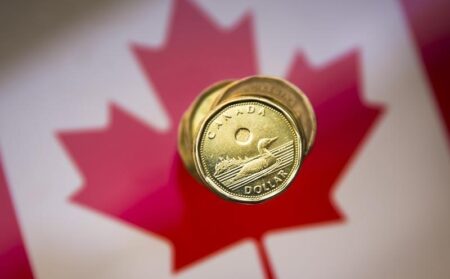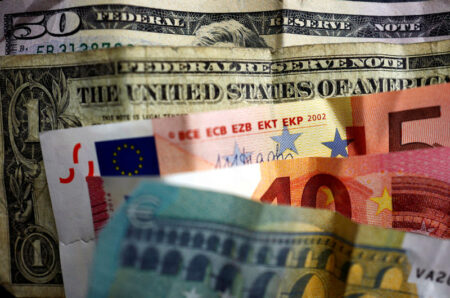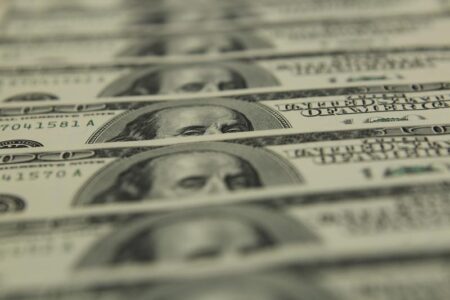By Elena Fabrichnaya, Alexander Marrow and Darya Korsunskaya
MOSCOW (Reuters) – Russia’s central bank on Thursday endorsed President Vladimir Putin’s decision to reimpose currency controls, a measure it had been reluctant to take, preferring higher interest rates to try and stem the rouble’s sharp devaluation in recent months.
The government said late on Wednesday that Putin had signed a decree reintroducing capital controls for an undisclosed list of 43 exporting firms, a move that sent the rouble soaring on Thursday morning to a more than two-week high.
The Bank of Russia has hiked interest rates by a collective 550 basis points since July, as the rouble’s weakening has added to already significant inflationary pressures, and it is widely expected to raise the cost of borrowing again on Oct. 27.
Russia imposed currency controls to halt the rouble’s slide soon after Moscow sent troops into Ukraine in February 2022, and the rouble’s tumble past 100 to the dollar led to discussions by authorities about whether a return to such measures was needed to shore up the currency.
Central Bank Governor Elvira Nabiullina warned in September that such steps were an inefficient way to solve the problem, but on Thursday, the bank gave its blessing to new measures in a targeted form.
“Establishing a requirement for the repatriation and mandatory sale of foreign currency revenues for a group of 43 companies can increase the efficiency of companies’ FX sales, improve the liquidity situation and contribute to reducing short-term market volatility,” the bank said in a statement.
The targeted nature of the restrictions, it said, would leave others engaged in foreign trade unaffected.
TIME TO ACT
A high-ranking official with knowledge of the discussions told Reuters the time to reintroduce mandatory FX sales had come and that FX positions on the market had to be sorted out.
Another source said the step had been taken because the weak rouble feeds inflation, which is something you cannot hide before elections. Russia is due to hold a presidential election in March 2024.
The government said the new capital controls would last for six months and require that companies submit plans to the Bank of Russia and Rosfinmonitoring, Russia’s financial monitoring agency, which would ensure that companies comply.
Finance Minister Anton Siluanov said in early September that the central bank and his ministry had switched places, with the ministry now in favour of tougher measures and the central bank adopting a more liberal position.
Nabiullina told lawmakers on Thursday she still had doubts about the effectiveness of the controls.
“Companies have the opportunity to buy (FX) immediately and this will increase trading turnover, but still the rate will be determined by fundamental factors,” Nabiullina said.
Yevgeny Kogan, a professor at Russia’s Higher School of Economics, said the controls should help strengthen the rouble, which he added was especially important as the rate hikes only impact the rouble with a five to seven month lag.
“So the measure, although not the best from an economic point of view, is probably… vitally necessary today,” he said.
Read the full article here

